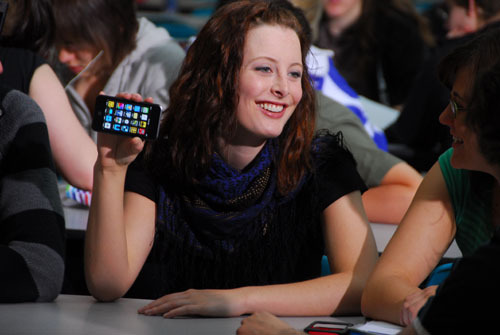
With Apple’s recent announcement that customers spent over $10 billion on the App Store in 2013, כולל מעל $1 billion in December alone (over three billion apps were downloaded), there can be no doubt in anyone’s mind that the app culture just continues to rise. But as apps become more and more significant in our society, are they opening up our world or are they shutting it down? How are the advantages of face to face contact as relevant when we have cutting-edge, digital toys to interact with?
היום ב גלובל החיפוש לחינוך, DR. Howard Gardner and Katie Davis discuss with me what they believe it means to be “app-dependent” לעומת “app-enabled,” and how life for today’s generation differs from life before the digital era. Gardner and Davis are the authors of the meticulously researched and thought-provoking book, דור App: How Today’s Youth Navigate Identity, Intimacy, and Imagination in a Digital World.
הווארד גרדנר הוא ג'ון H. ואליזבת. הובס פרופסור לקוגניציה והחינוך בבית הספר לתארים מתקדמים בחינוך באוניברסיטת הרווארד. Katie Davis is an Assistant Professor at the University of Washington Information School, where she studies the role of digital media technologies in adolescents’ academic, חברתי, and moral lives.
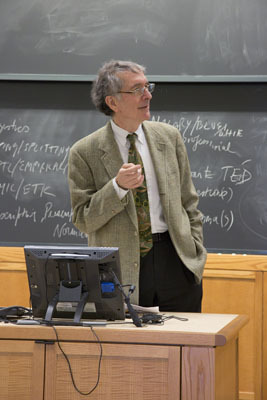
Do you believe that apps increase productivity? אם כן, do you see any drawbacks?
There is no question that apps allow us to do many things more quickly and thus free us to take on more tasks and perhaps more different projects. What is important is that the user remains in charge–that the app enables productivity, rather than encourage dependency. ב דור App, we quote Alfred North Whitehead, who says that civilization advances by virtue of the number of important operations that one can perform without thinking about them. Sounds great, at first! But then we raise the question – who is to decide what is important? We’d like to keep that decision for ourselves, rather than turning it over to any technology, no matter how clever or powerful it may appear.
What are some of the challenges adolescents experience when using apps? לדוגמא, how do apps impact their physical and emotional health?
It is not the apps themselves that impact adolescents but the way adolescents use apps. בספר, we distinguish between app-enablement and app-dependence. Adolescents who are app-enabled use apps as jumping off points to spark their imaginations, explore their interests, and forge new relationships or strengthen existing ones. The affordances of new media technologies may be particularly beneficial to those youth who, in a pre-internet, pre-app era, had difficulty finding an outlet for their creativity or a community with which to share their non-mainstream interests.
בניגוד לכך, adolescents who exhibit app-dependence will look to apps before they look inside themselves for answers to questions, for interpersonal connection, even for providing their sense of themselves. Such dependence can also have physical ramifications like sleep deprivation. Many adolescents find it difficult to put the phone away at a reasonable hour when there is a plethora of apps at their fingertips, many of them extremely “sticky.”
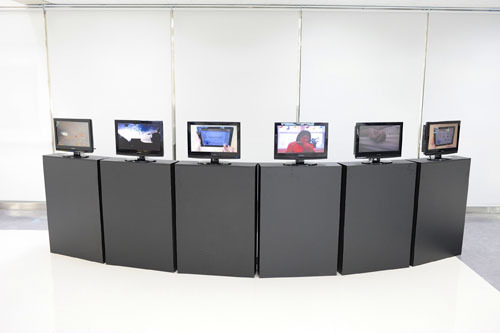
In today’s competitive online social world, “fame” is largely about who has the most likes and/or the most followers. Many believe that those individuals who have championed the art of digital fame are the most creative and also have the strongest sense of identity. Would you agree or disagree and why?
We would strongly disagree. Creativity denotes the ability to come up with something that is original and that ultimately affects how other people see and act. Identity denotes a sense of self with which one is comfortable, and that also makes sense to those with whom one lives and interacts.
There is no reason to assume that digital fame precludes creativity and a strong sense of identity – Justin Bieber and Beyoncé may have both. We argue that the ‘branding’ modeled by apps encourages slick and superficial identities, rather than ones that are forged gradually through a variety of experiences in a variety of settings over time. We doubt that Albert Einstein (an outstanding creator) or Nelson Mandela (with his powerful sense of identity) would have spent much time on Facebook!
Can you briefly explain the positive and negative ways you believe technology can promote intimacy?
Our work has focused particularly on the new digital technologies. Social media, dating apps, and the like certainly make it possible to get in touch with many people and can help us find someone who shares our backgrounds, interests, aspirations. These options are especially helpful for persons who are eccentric.
We believe, עם זאת, that genuine intimacy requires individuals to be together, face-to-face over significant periods of time, and to have multi-faceted conversations, including ones that may be difficult or sensitive. To the extent that technology attempts to substitute superficial or asynchronous contacts for lengthy and deep ones, it undermines intimacy.
Kids experience bullying and invasion of privacy in both a face-to-face world and a digital world. Do you believe one world is any worse than the other, ולמה?
No matter how it is experienced, bullying is painful. And as authorities like Emily Bazelon have emphasized, it is ultimately destructive as well for the bully. In face-to-face bullying, you at least see the reaction of the other person – depending on how sadistic the bully is, that direct confrontation of eyeballs can either exacerbate or undercut the bullying.
There is one facet of bullying today that is infinitely worse than in earlier times. It can now – and often does – occur 24-7, not just in school or on the playground. Victims often cannot keep from accessing their messages, וכך שיחק ישר ההקשות של הבריון, יום ולילה.
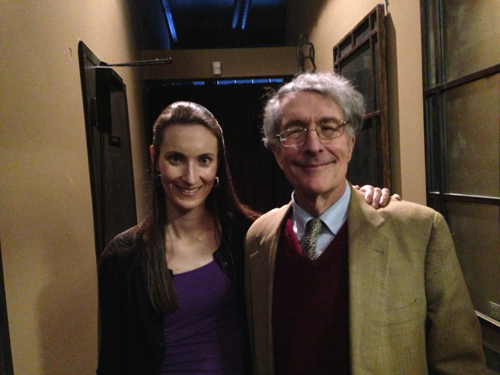
Apps are here to stay. How can we preserve the best practices of face-to-face interaction while engaging these tools which define a new generation?
What are the advantages of face-to-face interaction? We would say having the opportunity, as well as the obligation, to monitor how the other person is reacting to our message – whether it be a message of love, of disagreement, or threat. It is simply more difficult to ignore the ‘pragmatics’ of a statement when it is uttered in your presence – complete with tone of voice, with facial and bodily expression, and above all, with eyes – looking at you directly, or squinting out of the corner of your eye, or averting your eyes altogether. And it is more difficult for others to ignore שלך feelings, passions, and intent as well.
The challenge of maintaining face-to-face interaction begins at home and continues at school. If parents model such direct interaction with one another and with friends and family, then young persons will understand its configuration and its effectiveness. The same point obtains with respect to school – what teachers and older peers model is what will be learned and practiced.
One thing is sure: if adults themselves avoid face-to-face interactions, then young people will as well. Huge dimensions of human experience will be lost – imagine Mona Lisa peering at her device, or Rhett Butler and Scarlett O’Hara communicating via Facebook or Twitter.
Thinking ahead perhaps ten years from now, what additional research should be done to evaluate the benefits and drawbacks of apps?
A question that we researchers love to hear! We’d be particularly interested in the effects, on young and old, of putting aside their devices for awhile, and spending time in ‘app-free’ סביבות. No doubt there would be initial frustration but we speculate – more technically, אָנוּ hypothesize – that individuals will discover aspects of themselves, their environments, and their peers that have been obscured by our current over-dependence on devices and apps.
On the positive side, we are interested in the differences between apps that enable (allow us to do things that we could not do before) and apps that make us dependent (apps that cut off options and leave us without skills or understanding should we find ourselves deprived of the apps). Anything that we can do to promote app-enablement will be very important.
And as the ultimate reward there is app-transcendence – the capacity, at will, to toss aside the apps and the devices and let our imaginations and skills reign free. Our poster boy for app-transcendence: סטיב ג'ובס!

Pictures are courtesy of Government of Alberta, Howard Gardner and Dwight School Seoul.
בגלובל החיפוש לחינוך, להצטרף אליי ולמנהיגי מחשבה מוכרת בעולם כולל סר מייקל ברבר (בריטניה), DR. מיכאל בלוק (ארה"ב), DR. ליאון בוטשטיין (ארה"ב), פרופסור קליי כריסטנסן (ארה"ב), DR. לינדה דרלינג-Hammond (ארה"ב), DR. Madhav אוון (הודו), פרופ 'מיכאל Fullan (קנדה), פרופ 'הווארד גרדנר (ארה"ב), פרופ 'אנדי הארגריבס (ארה"ב), פרופ 'איבון הלמן (הולנד), פרופ 'קריסטין Helstad (נורווגיה), ז'אן הנדריקסון (ארה"ב), פרופ 'רוז Hipkins (ניו זילנד), פרופ 'קורנליה הוגלנד (קנדה), הכבוד ג'ף ג'ונסון (קנדה), גברת. שנטל קאופמן (בלגיה), DR. Eija Kauppinen (פינלנד), מזכיר המדינה Tapio Kosunen (פינלנד), פרופ 'דומיניק לפונטיין (בלגיה), פרופ 'יו לאודר (בריטניה), פרופ 'בן לוין (קנדה), לורד קן מקדונלד (בריטניה), פרופ 'בארי McGaw (אוסטרליה), שיב נדאר (הודו), פרופ 'R. נטריגין (הודו), DR. PAK NG (סינגפור), DR. דניז אפיפיור (ארה"ב), שרידהר ךאג'גופלן (הודו), DR. דיאן ראוויטש (ארה"ב), ריצ'רד וילסון ריילי (ארה"ב), סר קן רובינסון (בריטניה), פרופ Pasi Sahlberg (פינלנד), פרופ Manabu סאטו (יפן), אנדריאס שלייכר (PISA, OECD), DR. אנתוני סלדון (בריטניה), DR. דוד שפר (ארה"ב), DR. קירסטן Immersive Are (נורווגיה), קנצלר סטיבן ספאן (ארה"ב), איב Theze (Lycee Francais ארה"ב), פרופ 'צ'רלס Ungerleider (קנדה), פרופ 'טוני וגנר (ארה"ב), סר דייוויד ווטסון (בריטניה), פרופסור דילן Wiliam (בריטניה), DR. מארק Wormald (בריטניה), פרופ 'תיאו Wubbels (הולנד), פרופ 'מייקל יאנג (בריטניה), ופרופ 'Minxuan ג'אנג (סין) כפי שהם לחקור שאלות חינוך תמונה הגדולות שכל המדינות מתמודדות היום. גלובל החיפוש לחינוך עמוד קהילה
C. M. רובין הוא המחבר שתי סדרות מקוונות רבים קוראות שלהיא קיבלה 2011 הפרס אפטון סינקלר, “גלובל החיפוש לחינוך” ו “איך וויל אנחנו קראו?” היא גם מחברם של שלושה ספרים רבי מכר, כולל אליס בארץ הפלאות Real.
עקוב C. M. רובין בטוויטר: www.twitter.com/@cmrubinworld


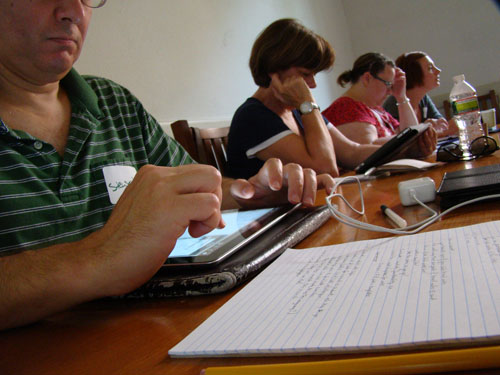
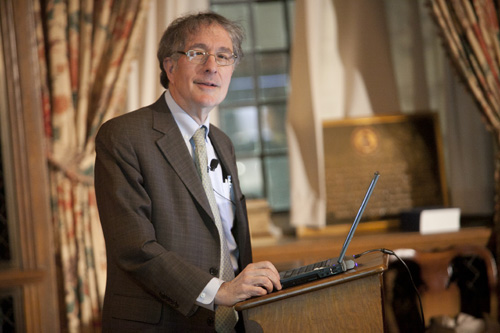
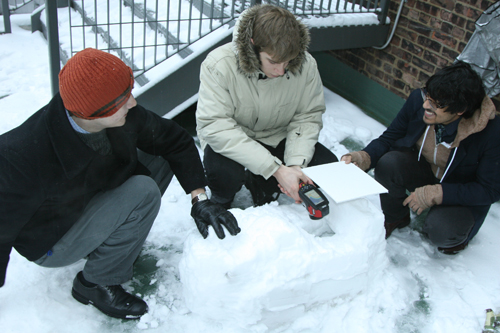
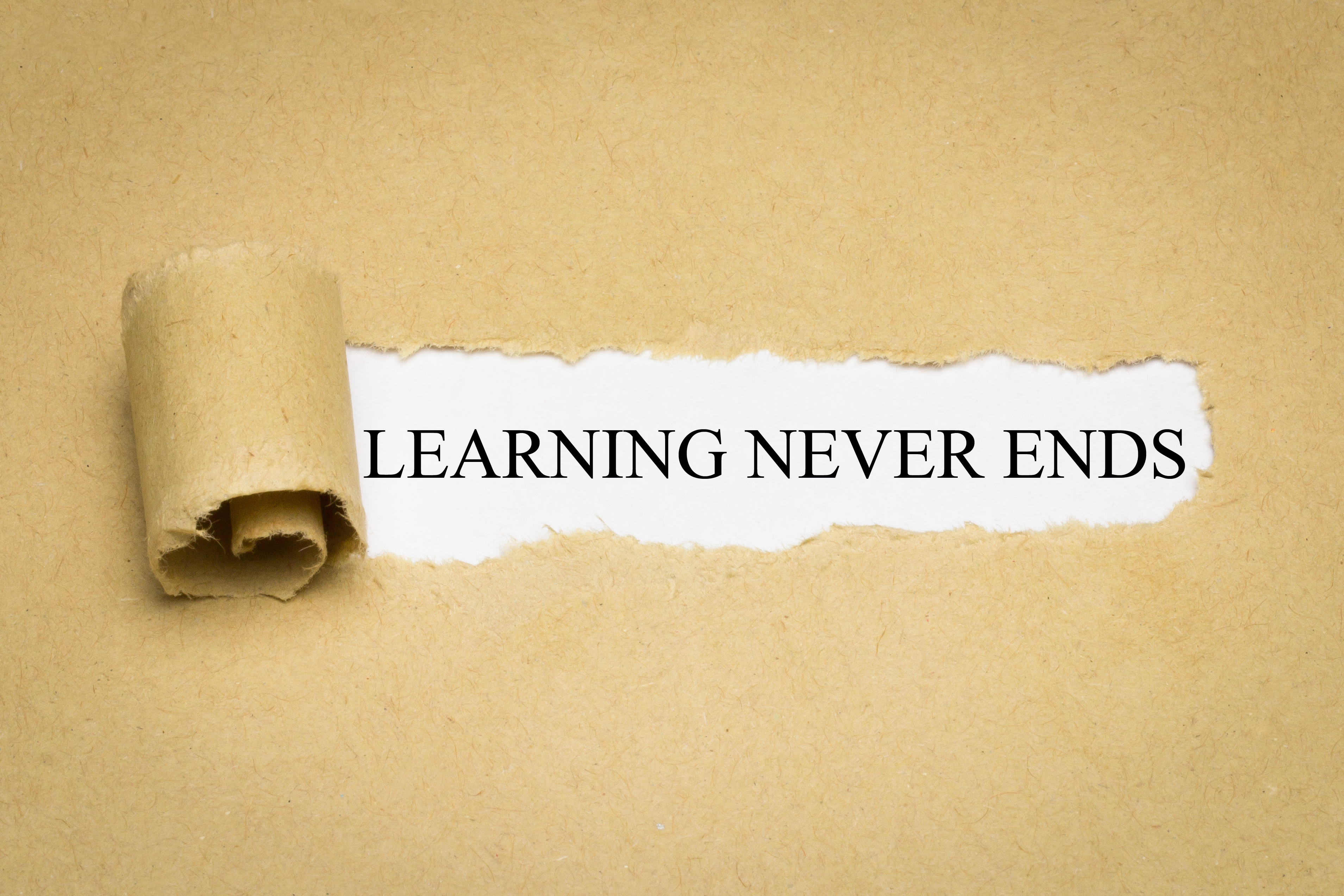
תגובות אחרונות